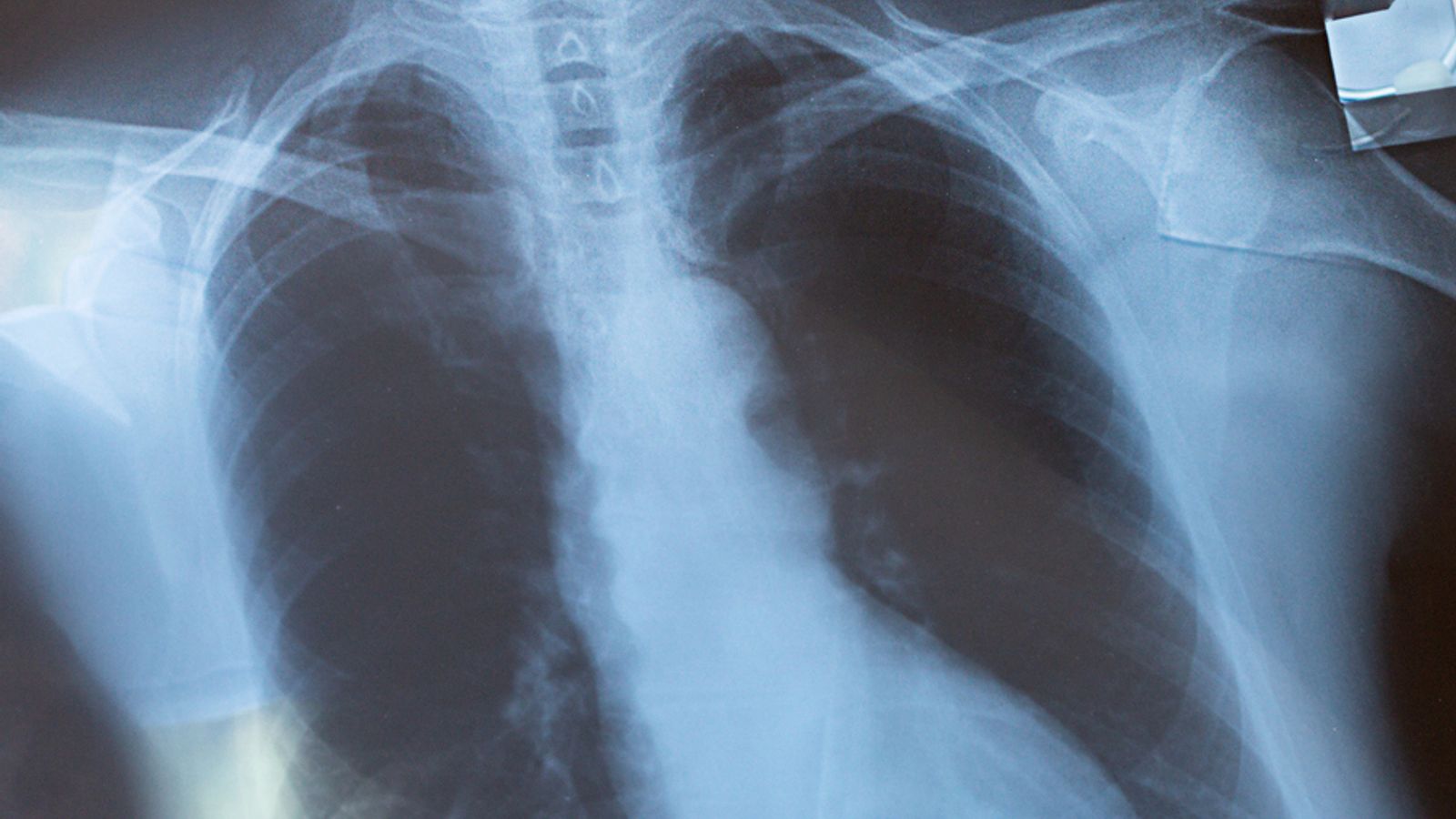More than half of long COVID patients suffer from organ damage a year after their initial symptoms, a study suggests.
Even those who were not severely affected when they first caught the virus remain impaired, with extreme breathlessness and cognitive dysfunction among the persistent symptoms.
More than 500 patients were included in the SAGE study – 62% of whom suffered from organ impairment six months after their initial coronavirus diagnosis.
These patients had an MRI scan six months later, revealing the lasting extent of their health problems.
The results, published in the Journal of the Royal Society of Medicine, showed 59% of long COVID patients still had issues with one organ and 29% with multiple.
Only 13% of those who took part in the study had required hospital treatment when first diagnosed with COVID.
However, there was a reduction in symptoms between six and 12 months.
The number suffering from extreme breathlessness went from 38% to 30%, cognitive dysfunction from 48% to 38%, and other poor health that impacted their quality of life went from 57% to 45%.
Read more:
COVID inquiry: Families experiencing ‘anxiety’ and ‘unease’
How long COVID ruined my life
Please use Chrome browser for a more accessible video player
Amitava Banerjee, professor of clinical data science at the UCL Institute of Health Informatics, said the impact on quality of life was of “major concern” – especially among healthcare workers.
Almost a third of those who took part in the study work in healthcare.
“Many healthcare workers in our study had no prior illness, but of 172 such participants, 19 were still symptomatic at follow-up and off work at a median of 180 days,” said Prof Banerjee.
She added: “Organ impairment in long COVID has implications for symptoms, quality of life and longer-term health, signalling the need for prevention and integrated care for long COVID patients.”








